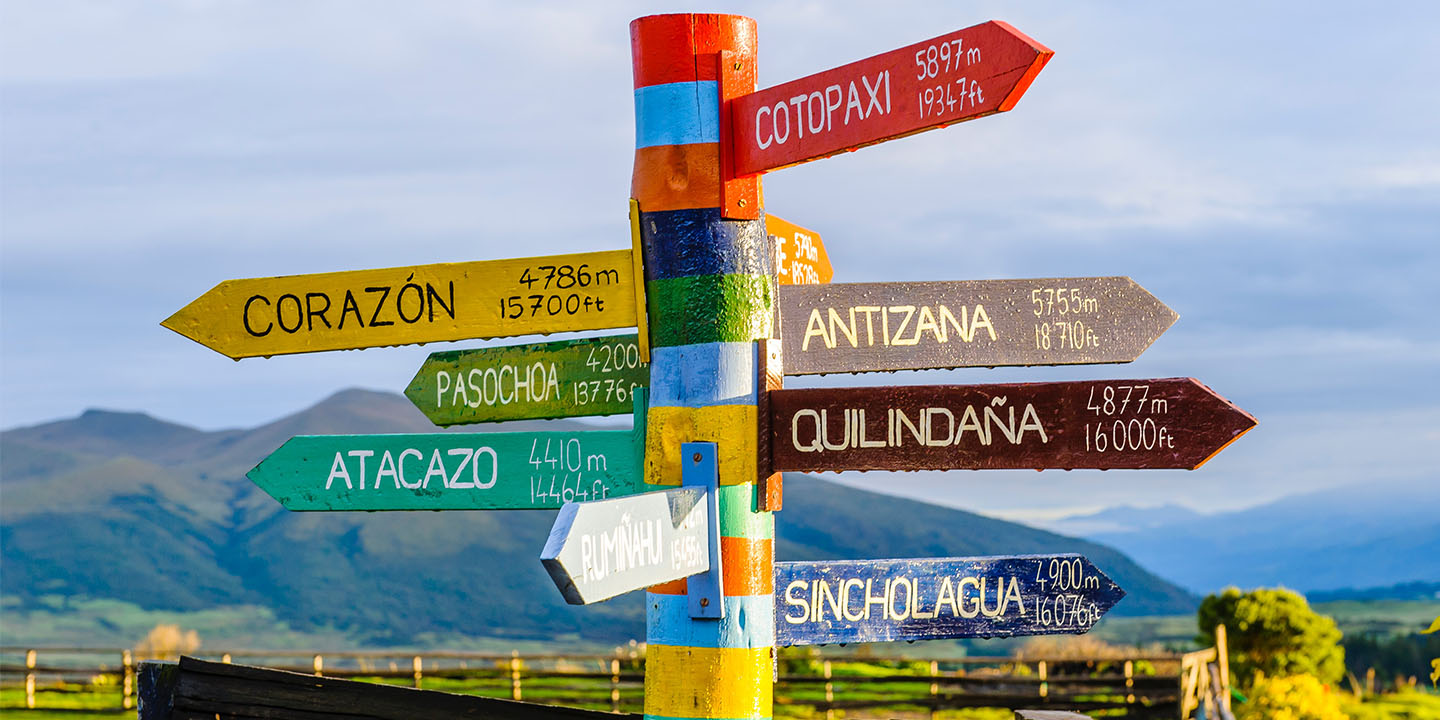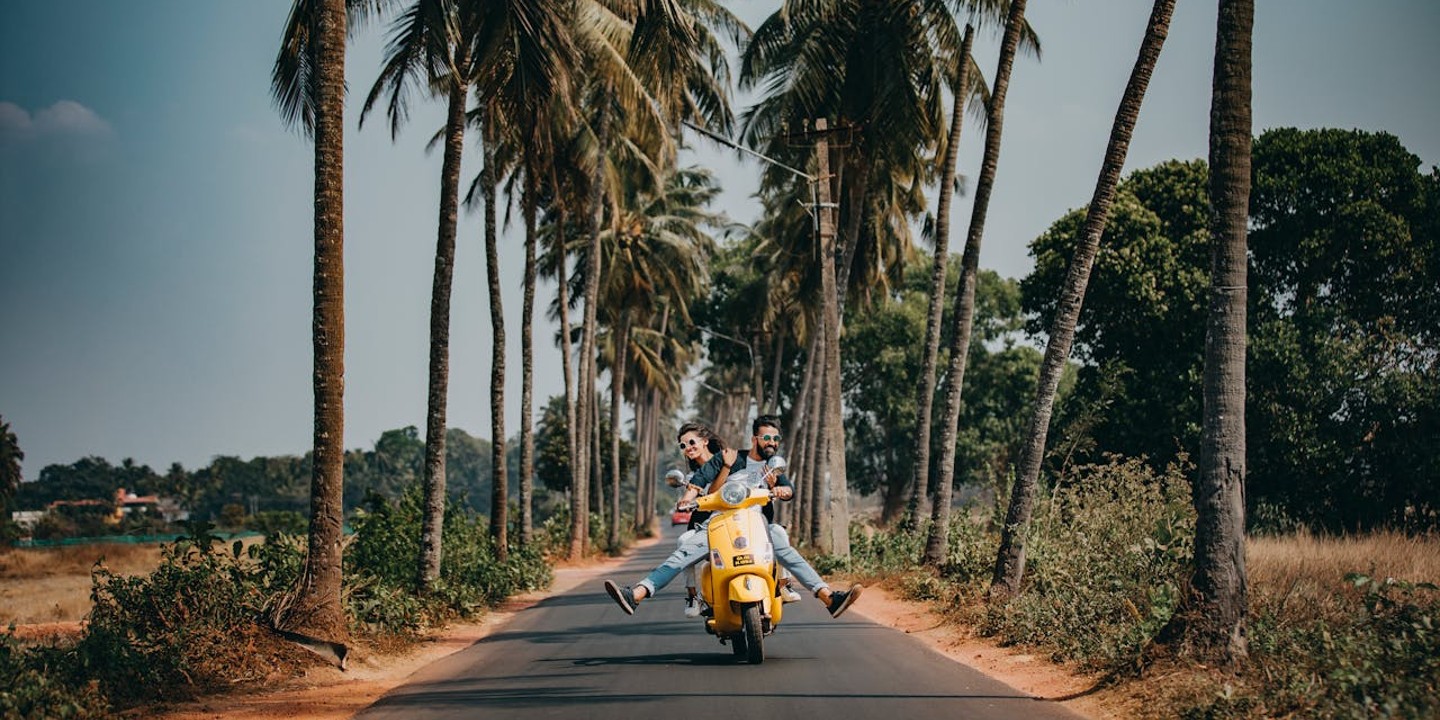Veggie Life Country By Country
Not every country rolls out the green carpet for plant-based eaters. Some places make it a joy, while in others, it's a logistical nightmare. Factors like food laws and access to basic ingredients play a role in defining each scene. We'll get to the countries where veganism works easily, but first, here are the places where it barely stands a chance.
1. Japan
Sushi rolls and dashi broths dominate menus in Japan, and plant-based twists are rare. Even vegetable dishes hide fish flakes or bonito stock. Labeling laws don't require full disclosure, so item identification is hard. Vegan travelers often rely on convenience store rice balls and lots of soy sauce.
 U.S. Navy photo by Mass Communication Specialist 2nd Class Shannon Renfroe on Wikimedia
U.S. Navy photo by Mass Communication Specialist 2nd Class Shannon Renfroe on Wikimedia
2. Mongolia
Winter survival takes precedence over dietary flexibility here. With sub-zero temps and scarce vegetation, locals rely on mutton and fatty stews. Veganism here is nearly unheard of, and most meals begin with meat and end with fermented dairy. Vegetables are usually imported and expensive.
3. France
France celebrates animal-based delicacies like sacred rituals. Hence, asking for a vegan dish in rural areas sparks confusion or disdain. While Paris has softened recently, deep-rooted culinary pride keeps plant-based diets on the fringe. National chef training rarely includes meatless recipe modules.
4. Argentina
Here, grill smoke fills the air before sunrise, and asado culture is a national identity. Steakhouses dominate, and meat-free menus are elusive. Even side dishes like provoleta and chorizo rice double down on animal products. Vegan options are often improvised and unbalanced.
5. Russia
Blini stuffed with sour cream, pelmeni packed with pork, and heavy meat stews make up traditional Russian cuisine. Supermarkets rarely carry dairy-free or meat-free alternatives, and winter diets lean heavily on animal fat for calories. Most vegan growth is tied to niche Moscow cafés and online subcultures.
 VEGAN food in MOSCOW! | Vegan Around the World by CJ Explores
VEGAN food in MOSCOW! | Vegan Around the World by CJ Explores
6. Norway
Fish runs through Norway's bloodstream. From salmon breakfasts to cod dinners, seafood culture shines here. Even lentil soups come with sausage. Plant-based alternatives remain limited in variety and distribution. In many restaurants, only a salad or steamed vegetables are available with little flexibility.
 The Process of Raising 30 Million Salmon in Norwegian Fish Farms - Aquaculture Insights by Farm Life
The Process of Raising 30 Million Salmon in Norwegian Fish Farms - Aquaculture Insights by Farm Life
7. South Korea
Banchan may look vegan, but most come laced with fish sauce or anchovy broth. Language barriers also compound the struggle. Street food stalls rarely accommodate requests, and soy-based dishes often disguise meat under spicy gochujang. You'll find easier luck in Buddhist temple cuisine than in Seoul's supermarkets.
8. Egypt
Ful medames and falafel give hope until you ask about cooking oil. Also, many traditional dishes involve ghee or meat-based broth. Outside Cairo, plant-based eating becomes detective work. Religious fasting periods offer vegan-friendly meals briefly, but long-term accessibility depends on budget and geography.
 Eating out on a diet: Egyptian breakfast. Ful medames 🇪🇬 by Primemutton
Eating out on a diet: Egyptian breakfast. Ful medames 🇪🇬 by Primemutton
9. Iceland
Import dependency defines Icelandic food culture. Local produce options are limited due to extreme winters, so diets rely on options like dairy and seafood. You won't find soy milk in small-town stores. Even Reykjavík restaurants often default to fish-based dishes.
 Berit from Redhill/Surrey, UK on Wikimedia
Berit from Redhill/Surrey, UK on Wikimedia
10. Philippines
Meat and seafood dominate every level of Filipino cuisine—from adobo to street-side barbecue. A dish labeled “vegetarian” may hide shrimp paste or fish sauce. While Metro Manila offers scattered vegan eateries, the rest of the archipelago struggles. The cultural reliance on animal products remains deeply embedded.
That was the hard part. Now, let's see places where skipping meat doesn't mean skipping meals.
1. United Kingdom
Major cities like London and Glasgow are global leaders in vegan innovation. Chain restaurants offer vegan menus, public schools serve meat-free meals weekly, and oat milk flows freely in supermarkets. Today, millions of Brits identify as vegan or vegetarian.
2. Israel
Military rations now include vegan options, and Tel Aviv has over 400 vegan and vegetarian eateries—a true plant-based capital. Veganism is closely tied to animal rights movements here. In Israel, national supermarkets stock meatless shawarma and egg-free challah, and even fast food chains serve vegan schnitzel.
 Utilisateur:Djampa - User:Djampa on Wikimedia
Utilisateur:Djampa - User:Djampa on Wikimedia
3. India
India has the world's highest vegetarian population—38%. Religious and cultural norms support meat-free diets across many regions. While veganism is less common than vegetarianism, options abound. Many restaurants already use coconut oil and plant-based ghee as the star ingredients.
 Vyacheslav Argenberg on Wikimedia
Vyacheslav Argenberg on Wikimedia
4. Australia
From Bondi cafés to outback roadhouses, vegan options have exploded across Australia. Their plant-based meat consumption grew by 28% between 2020 and 2023. With major chains offering vegan menus and government dietitians endorsing legumes, this sun-drenched nation blends health science with culinary flair.
5. Canada
Canadian cities like Toronto and Vancouver have institutionalized veganism—think oat milk in schools and veggie burgers at hockey arenas. Health Canada also promotes plant-based proteins. Grocers carry Beyond Meat and tofu burritos, and even Tim Hortons rolled out a plant-based sausage nationwide in 2019.
6. Germany
Germany is a pioneer in vegan product development, with Berlin alone hosting over 100 dedicated vegan eateries. Supermarkets like Aldi and Lidl stock affordable plant-based products nationwide. The country also leads Europe in vegan meat alternatives production, exporting to over 20 countries as of 2024.
7. Thailand
Despite its meat-forward dishes, Thailand excels in vegan-friendly cuisine, especially during the annual Nine Emperor Gods Festival, where entire communities adopt plant-based diets. Chiang Mai flaunts 100-plus vegan spots. Also, many dishes—like mango sticky rice and tofu larb—are already plant-based without needing substitutions or disclaimers.
8. Poland
Warsaw has emerged as a vegan paradise, with cafés offering jackfruit pierogi and dairy-free zurek. Poland's Gen Z consumers are driving the change—a large chunk of their population has reduced consumption of animal products. Local food festivals spotlight vegan innovation; they blend old-world recipes with animal-free upgrades across regional cuisines.
9. Taiwan
Rooted in Buddhist traditions, Taiwan champions vegetarianism with over 6,000 meat-free restaurants. Veganism now rides that wave, boosted by education campaigns and innovative startups. Tofu-based street snacks and mock meats are everyday staples. In 2020, Taipei hosted Asia's largest plant-based expo to date.
10. United States
From rural food co-ops to Silicon Valley labs, the U.S. has made veganism accessible and inventive. Plant-based fast food chains and FDA labeling regulations support this shift. By 2024, nearly half of Americans reported actively reducing meat consumption, especially in the Gen Z demographic.





















